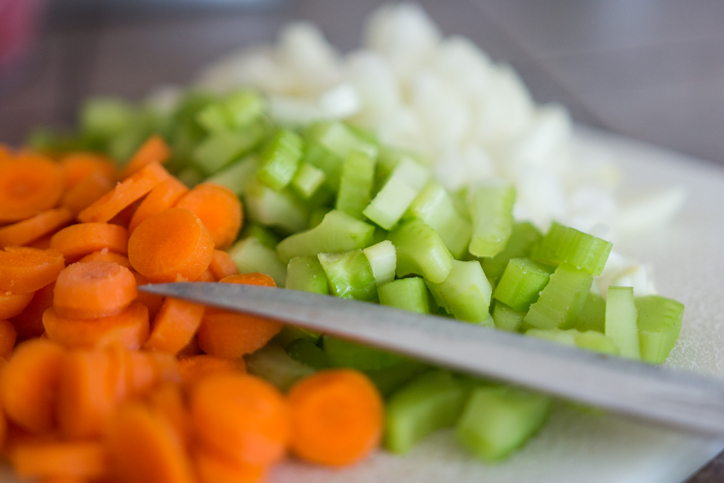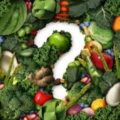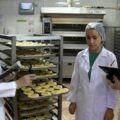
Q: Which of the following foods does not support bacterial growth?
A. Raw carrots
B. Sauted onions
C. Refried beans
D. Cooked rice
Answer: A. “Raw carrots”
Explanation: Warmth, moisture, pH levels and oxygen levels are the four big physical and chemical factors affecting microbial growth. Cooked food create an enabling environment for bacteria to grow because of their moisture content and because of the normal temperature of the food. Raw food does not offer suitable conditions for bacteria growth. Hence, raw carrots does not support bacterial growth.
When microorganisms grow in food, they cause varying degrees of change in the food’s characteristics as a result of metabolic activity. Some of these changes, like those taking place during fermentation, are desirable, while others, like those resulting in food spoilage and food poisoning, are undesirable.
The role of the food technologist is to encourage the desirable and prevent the undesirable changes. The most important factors that affect microbial growth in foods can be summarized in the following categories:
- factors related to the food itself, the “intrinsic factors,” which include nutrient content, water activity, pH value, redox potential, and the presence of antimicrobial substances and mechanical barriers to microbial invasion;
- factors related to the environment in which the food is stored, the “extrinsic factors,” including the temperature of storage, and the composition of gases and relative humidity in the atmosphere surrounding the food;
- factors related to the microorganisms themselves, the “implicit factors,” including interactions between the microorganisms contaminating the food and between these microorganisms and the food, e.g., their abilities to utilize different nutrient sources, tolerate stresses, and produce promoters or inhibitors of growth of other microorganisms, etc.;
- processing factors, which include treatments such as heating, cooling, and drying that affect the composition of the food and also affect the types and numbers of microorganisms that remain in the food after treatment; and
- interaction between the above-described factors can also affect the growth of microorganisms in foods in a complicated way; the combined effects may be additive or synergistic.





